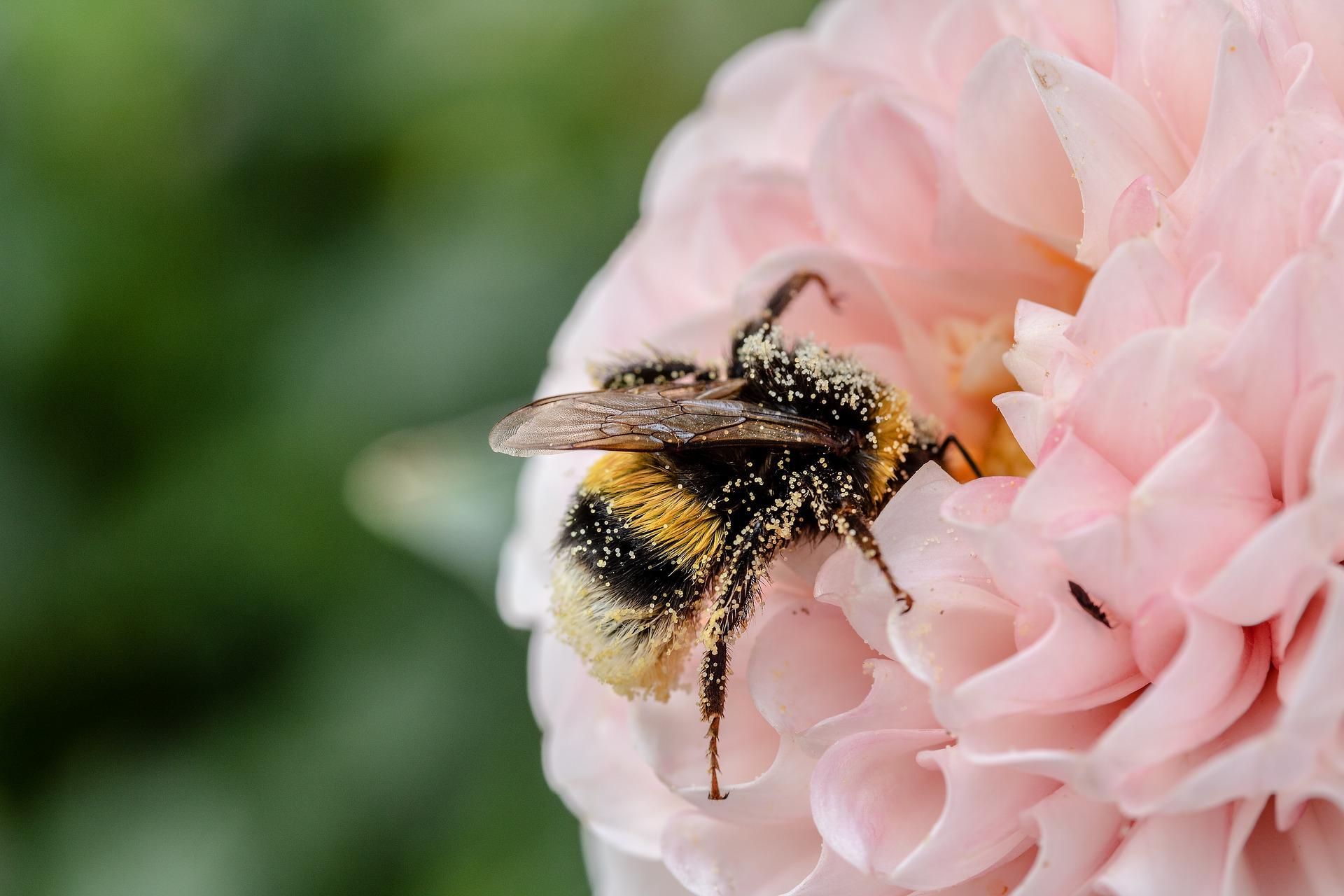Media release
From:
Life history traits predict responses of wild bees to climate variation
Proceedings of the Royal Society B: Biological Sciences
Life history traits, which are physical traits or behaviors that affect growth, survivorship, and reproduction, could play an important role in how organisms respond to climate change. By exploring trait-climate relationships, we can gain a more mechanistic understanding of why environmental change might favor certain species over others. Using an 8-year dataset containing over 20,000 bees we found that conditions associated with climate change favor smaller, soil-nesting bees, and bees with more specialized diets. Our results suggest that climate change will reshape bee pollinator communities and bee trait distribution, potentially leading to novel plant-pollinator interactions and changes in plant reproduction.



 International
International



